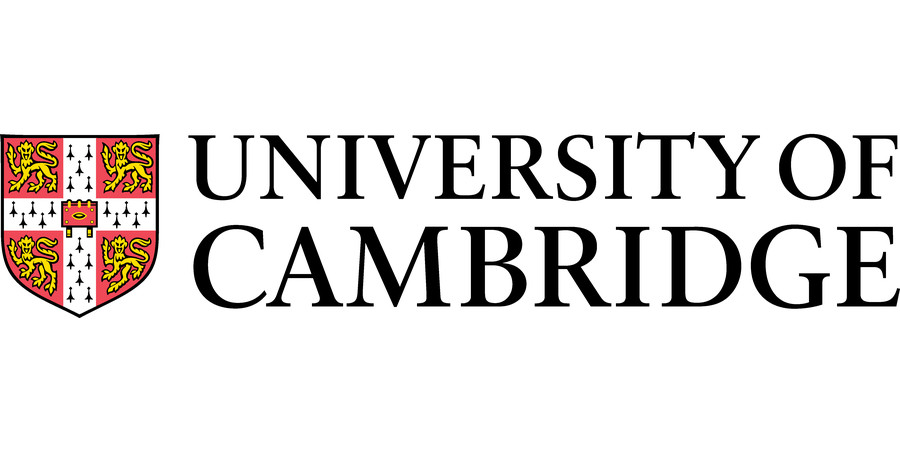Post-doctoral Research Associate: Drosophila Connectomics Research Group (Fixed Term)
University of Cambridge - Department of Zoology
| Location: | Cambridge |
|---|---|
| Salary: | £37,174 to £45,413 per annum |
| Hours: | Full Time |
| Contract Type: | Fixed-Term/Contract |
| Placed On: | 7th July 2025 |
|---|---|
| Closes: | 3rd August 2025 |
| Job Ref: | PF46473 |
A Post-Doctoral Research Associate post is available in the Connectomics Group directed by Greg Jefferis in the Department of Zoology at the University of Cambridge.
We have obtained a Wellcome Discovery Award to proofread, annotate, and analyse the first mosquito brain connectome, with a focus on the chemosensory circuits involved in human host-seeking. The principal focus will be on the high level proofreading, annotation and analysis of connectomics data. This will include whole-brain scale analysis of multimodal features such as connectivity, morphology or cell ultrastructure.
Of particular interest here are two related problems: systematic meta annotation (especially cell types) of connectomics datasets, and across-dataset mapping. This work feeds into the biological question of how stereotyped/variable brain wiring is (e.g. between sexes or across species) and we will expect the candidate to work closely on these issues with group members working on other connectome datasets. A background in neurobiology or a strong quantitative preparation with experience in bioinformatics/computer science will be essential. Prior experience with connectomics data is highly desirable. Our group has developed an international reputation in this area and our tools have now been used in dozens of published and in progress studies. There might also be opportunities in the near future to adapt these approaches for mammalian connectomes.
We will also enthusiastically consider applicants with a strong background in circuit neuroscience. Prior experience with connectomics data or of connectome analysis and of insect neural circuits will be highly desirable.
Successful candidates will join a team based in Zoology with 15 team members, carrying out data processing and computational analysis of neuronal reconstruction data. They will interact closely with a similar team in the US as well as experimental groups in Cambridge (Greg Jefferis) and Boston (Meg Younger). Candidates will need to be highly motivated and develop a good understanding of the nature of the data and the scientific aims of the project. This will be critical to setting priorities as the project develops. Close teamwork and a collaborative spirit will be essential, but team members will have increasing opportunities for scientific independence as their expertise develops.
Candidates will report to a team leader or Principal Investigator based in Zoology and will be mentored by an experienced post-doc. There will be opportunities to contribute to training new team members as the group expands and to general project management, as well as to participate in public engagement activities.
The role will be based on site in the department of Zoology.
Fixed-term: The funds for this post are available for up to 3 years.
Flexible working requests will be considered.
We particularly welcome applications from women and candidates from a BME background for this vacancy as they are currently under-represented at this level in our University.
To apply online for this vacancy and to view further information about the role, please click the 'Apply' button above.
If you have any queries regarding the application process please contact Anastasia Nezhentseva.
Email: an286@cam.ac.uk
Telephone: (0)1223 330117
Please quote reference PF46473 on your application and in any correspondence about this vacancy.
The University actively supports equality, diversity and inclusion and encourages applications from all sections of society.
The University has a responsibility to ensure that all employees are eligible to live and work in the UK.
Advert information
Type / Role:
Subject Area(s):
Location(s):









